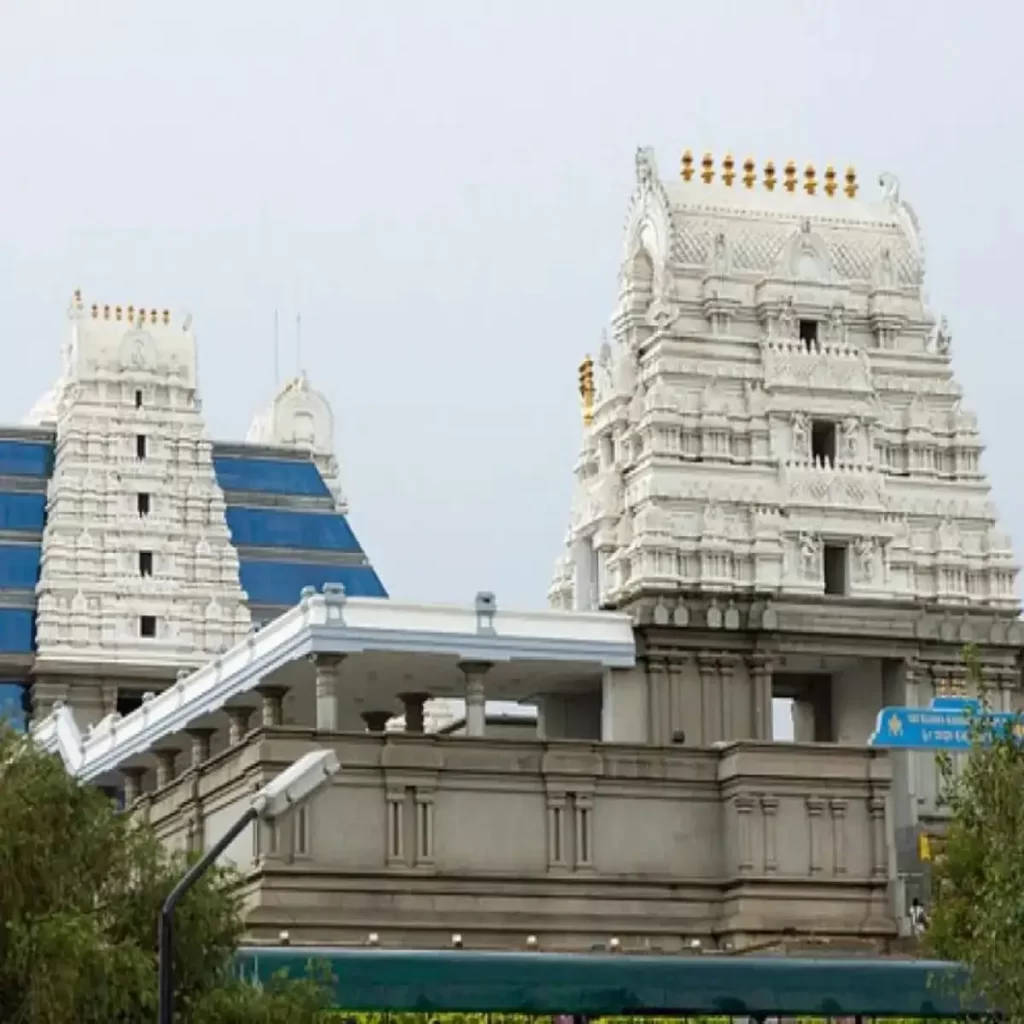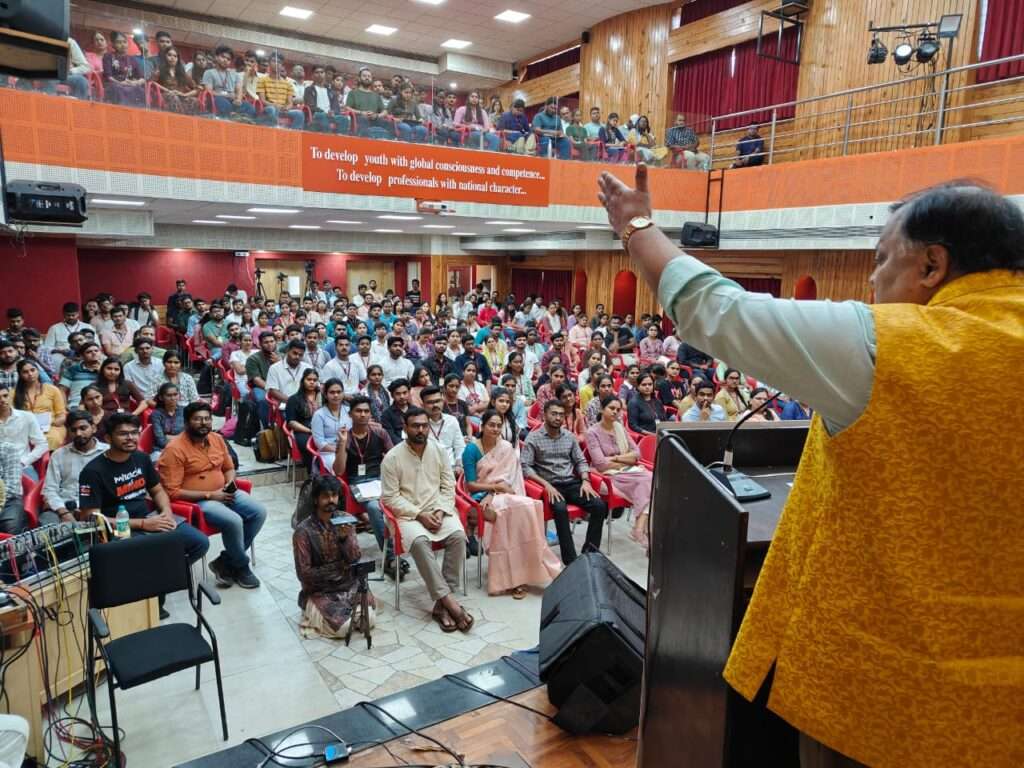New Delhi, May 16, 2025 — In a landmark decision, the Supreme Court of India has ruled in favour of ISKCON Bangalore, declaring it a legally independent entity and rejecting claims of administrative control by ISKCON Mumbai. The verdict effectively ends a decades-long dispute over the ownership and governance of the prominent Hare Krishna temple located in Bengaluru.
The apex court upheld the validity of ISKCON Bangalore’s registration under the Karnataka Societies Registration Act, confirming that it operates as a separate legal and religious trust. The ruling affirms the organization’s right to manage its temple affairs, assets, and spiritual programs without interference from the Mumbai-based parent body.
“The autonomy of a legally registered society cannot be undermined on ideological grounds alone,” the Supreme Court bench observed in its verdict. “ISKCON Bangalore has proven its operational and administrative independence.”
The dispute between the two factions of the International Society for Krishna Consciousness (ISKCON) began in the early 2000s when ISKCON Mumbai claimed that ISKCON Bangalore was merely a subordinate branch of the original society founded by Srila Prabhupada in 1966. ISKCON Bangalore, on the other hand, argued that it had established itself as a distinct spiritual organization with its own management and vision.
The case went through multiple legal forums, including the Karnataka High Court, before reaching the Supreme Court. The dispute not only involved issues of property and governance but also theological and ideological interpretations of Srila Prabhupada’s teachings.
Reacting to the verdict, ISKCON Bangalore President Madhu Pandit Dasa expressed relief and gratitude. “This judgment is a victory for truth and justice. It allows us to continue our spiritual mission independently, as envisioned by our founder,” he said. “We thank all our devotees and supporters who stood by us.”
ISKCON Mumbai officials voiced disappointment but said they would abide by the court’s decision. “While we respectfully disagree with the verdict, we remain committed to our spiritual outreach and service,” an official statement read.
Legal experts say the ruling sets a significant precedent for religious institutions functioning under independent legal registrations. It underscores the importance of statutory compliance and the protection of organizational autonomy under Indian law.
The verdict is expected to have far-reaching implications for similar cases involving religious and charitable trusts across the country, especially those with multiple branches or factions.
The Hare Krishna temple in Bengaluru, one of the largest ISKCON temples in the world, attracts millions of visitors annually. With the legal battle now settled, ISKCON Bangalore has stated that it will focus on expanding its outreach and welfare activities across Karnataka and beyond.
The Supreme Court’s ruling not only resolves a long-standing internal conflict but also reaffirms the principles of legal independence and freedom of religious administration in a democratic society.
4o



